For this blog I’d like to share with you seven bad habits to avoid as a magician. Take a close look at your performances to see if you’re making any of these mistakes:
1. Be aware of using technical terms in your patter. I have heard magicians use these actual lines: “I’m not holding any breaks,” and “I didn’t force that card on you,” and “These are real shuffles.” Your audience doesn’t know what these terms are and you’re also educating them on what these things are. “I’m not holding any breaks” will probably just confuse your spectator. However, “I didn’t force that card on you” is teaching them that that’s something you could do. It’ll be hard to convince your spectator that they had a free selection when you have to tell them to take your word that it was a free choice. “These are real shuffles” is implying that the opposite may exist. Each of these examples can be reworded to avoid bringing up methods. Better examples would be: “Your card is lost somewhere in the deck and I couldn’t possibly know the exact position,” and “You could have selected any card in the deck,” and “You can see how thorough this shuffle is, correct?”
2. Avoid constantly shifting weight while performing. I see this one all the time from new performers. Chances are they’re not even aware of it. So, if you’re reading this blog and you’re a beginner, now you’ll be more aware of it. It’s a huge distraction for your audience and it telegraphs that you’re nervous. Imagine trying to watch your favorite movie on a television that rocks back and forth. Distracting, right?
3. Stop winging your patter and saying lot’s of “um’s,” “er’s,” and unwittingly using word echo’s. I’ve addressed this already in a previous blog. But recently I saw a video from another well-known magician and the patter was all over the place. Let me know what television commercial you saw where the voiceover was filled with um’s and er’s and the ad copy just rambled on with random words and was filled with repeat info. There’s no such thing. Each word was carefully chosen so the listener gets the exact message that was intended–every time.
4. Make sure you’re not performing in a bubble. While on stage performing for a large audience or even for a small group of people, I’ve seen magicians only performing for themselves. Their head never comes up. Their eyes are locked on their hands (or whatever prop they’re holding). There’s no eye contact with any spectators or they never even address any spectators. Those people are gathered around you to watch your magic. Make eye contact with not only the spectator involved in the effect, but also with everyone there. Call people out by their name. This will make for a stronger performance because you’ll have a stronger connection with your audience. Pro Tip: Remember your spectator’s names. It’s never a good thing to ask people their names again after they’ve told you once.
5. Stop asking questions that are only asked to give you time to do something. For example: “Name any card in the deck. Any reason that you named that card?” Does that follow-up question have anything to do with the effect? Usually the spectator just replies, “Um, because you just asked me to name a random card in the deck.” After they name a random card, your next patter line should be something related to the premise of the effect. For example: “Bill, name any card in the deck. Bill, it’s important to realize that this box has been on the table in full view before you named your card.” Another bad version of this is to ask a question and then completely ignore their answer. A spectator may give a detailed answer why they chose the card and the performer ignores this because he’s finished with the sleight he needed to do. Go off script and interact with your spectator when they contribute to the conversation.
6. Please stop asking the audience for applause. This is such a cringe worthy moment. “C’mon people I’m working hard up here.” Or, after not getting any reaction, “There are two ways of doing this, with applause or the way we’re doing it now.” Yes, you’ll get applause. But the audience will give you pity applause and then feel obligated to continue that type of applause after each trick as you continue performing. If you’re not getting applause, it’s the material or your performance that needs work, not the audience. Could you imagine a comedian asking his audience to please laugh after his next joke? Pro Tip: Never ever ask anything of your audience.
7. Watch out for bad posture when performing. Here’s another bad habit I see in most beginner performers. They have very poor posture. They’re slouched over. The audience will certainly pick up on this. Audiences like confidence and power. So, stand up straight and present to your audience. My good friend Michael Vincent is a master of this. He owns the room before he even opens his mouth by how he walks out on stage. It’s a beautiful thing to watch Michael do this and it’s a simple adjustment to make. Again, like the shifting your weight problem, the first step in fixing this problem is just having a greater awareness of yourself on stage.

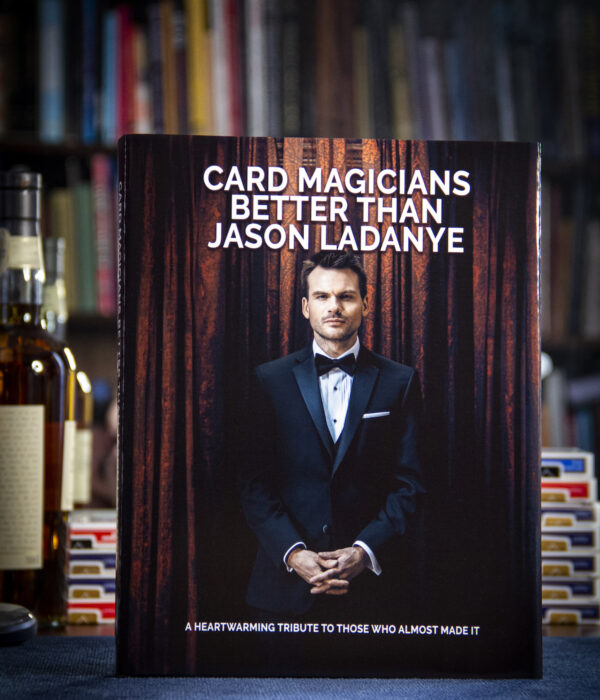
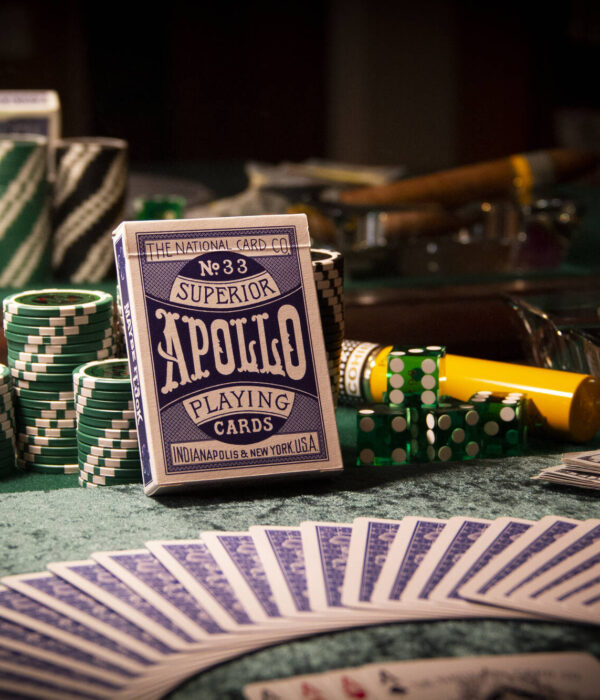

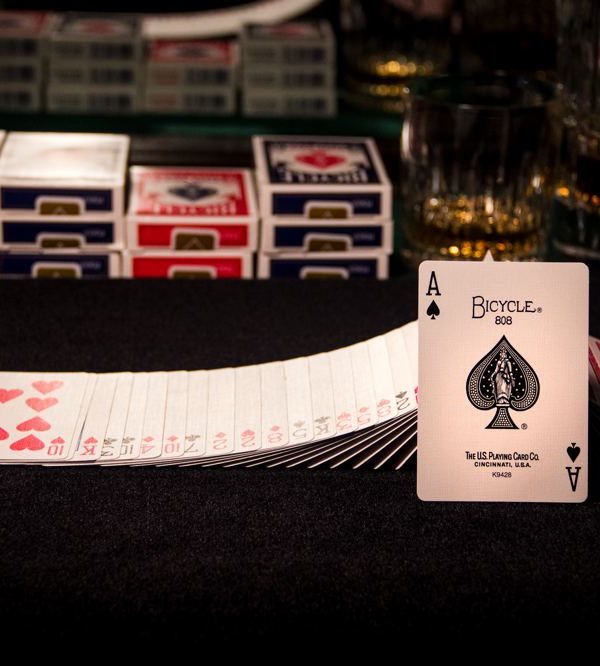
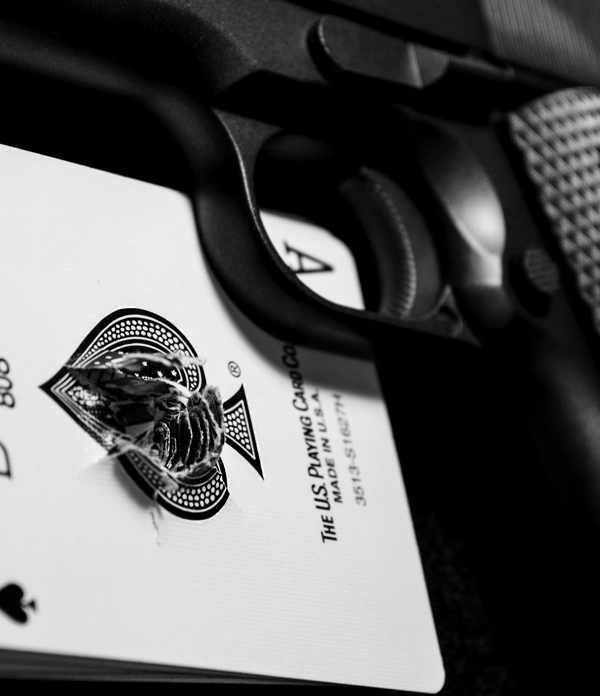
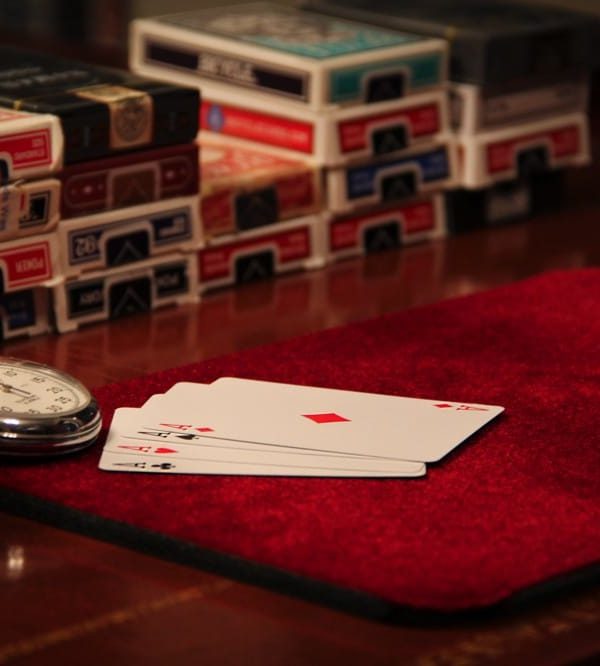
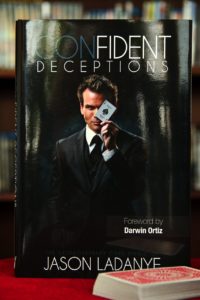
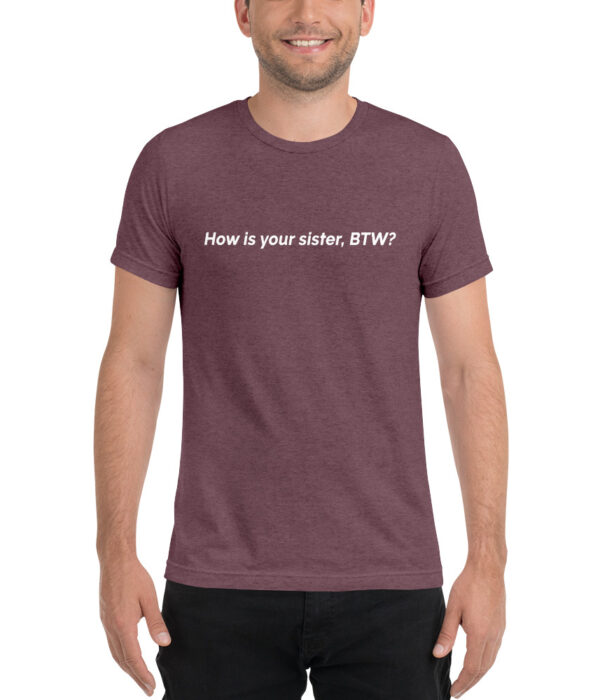
Comments are closed.
Don’t be Sleazy or Smarmy, no one is entertained by vulgar innuendos or by the “look how smart I am attitude”.
I take note …
Mike Mcberman
Sleazy and Smarmy! Two of my favorite Disney dwarves!
Standing in one place most of your routine. Work the stage, give ample amount of time between tricks.
Good advice for amateurs and professionals alike! Videotape your performance and take time to be your own best critic.
Taking 5 plus minutes to walk into the audience to pick assistants decreases your magic presence and is only a time filler. I use cloth frisbees if I need 3 or more helpers.
Great article with practical advice for all of us to do some self-reflection. Cutting a perfect diamond takes precision, patience, and practice. Polishing that diamond takes the rest of your life.
All good advice. Intelligent self-awareness of many of your recommendations should not be limited to the performance arena but part of your everyday life so they become a part of you and become second nature.
I have seen “working pro’s” table hopping that can use this advice moreso than a brand new hobbiest.
Good tips…I always thought any magician asking for applause is a bed habit… I saw a magician member of the Castle performing in the close up room say “this is when you applaud.” When I told him he didn’t need that comment in his act he defended himself. I hope he reads this.
Exactly! The magic itself should get the reactions. Putting your audience on the spot and demanding applause is certainly not a good idea.
Good tips. I always thought a magician asking for Applause was a bad idea. I saw a magician member of The Magic Castle performing in the close-up room say, “This is when you applied.” When I told him he didn’t need that comment in his act, he defended himself. I’m posting this in hope that he reads these comments.
What a great blog, and this post in particular. All valid points. Thank you for your POV on these things.
Avoid the use of “i’m-gonna” do this or that.
A handkerchief is not called a silk.
Don’t tell spectators that whatever card they pick doesn’t matter. It trivializes their role.